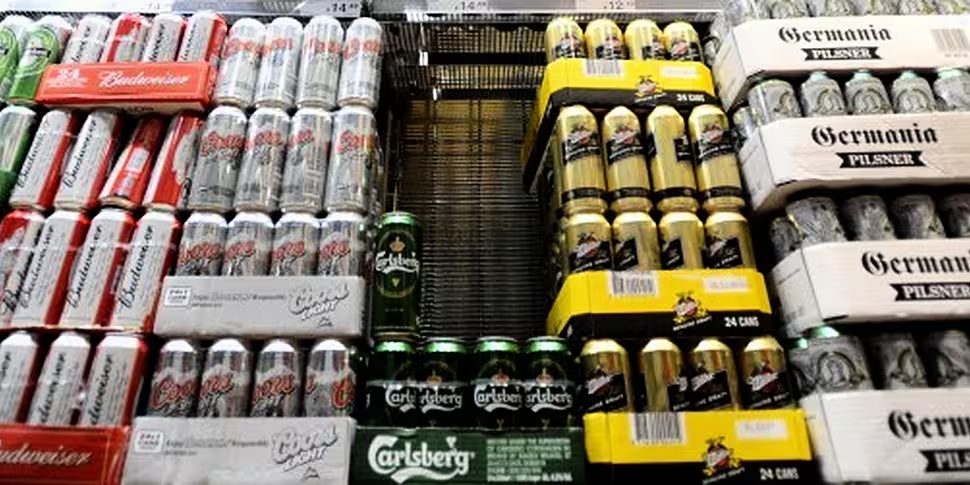A new report has placed Ireland close to the top of the European ‘Nanny State Index’ with some of the most restrictive public health regulations on the continent.
The index published by the European Policy Information Centre has placed Ireland third out of 28 EU member states – behind the UK and Finland – as the most restrictive when it comes to regulating alcohol, soft drinks, food, e-cigarettes and tobacco.
Regulations in the Czech Republic and Germany were found to be the most liberal.

Journalist and former diplomat, Eamon Delaney launched the index and on Newstalk Breakfast this morning he warned that Irish legislators have gotten, “a little bit out of control.”
He said the mollycoddling culture is a symptom of, “an overactive political culture dreaming up new eye-catching, headline-grabbing things to do [...] to "improve" society and the way we behave.”
“In the bubble of Leinster House and also in universities [...] they believe that this is what will please people,” he said. “And it is doubly offensive in Ireland because the laws are not applied.”
“It is an evasion of collective responsibility or individual responsibility for us to decide as people how we behave; to decide if we want to have sugary drink or if we want to go and have a drink or an e-cigarette – rather than having TDs and Senators do it for us.”
“Countries like Germany and the Czech Republic are the freest and there is no sign there of particular bad behaviour or obesity or anything – so the controls are not necessarily related to good effect.”
Cigarettes, alcohol and sugary drinks
The index highlighted Ireland’s huge taxes on alcohol and tobacco and advertising restrictions – and the planned tax on sugary drink pencilled in for 2018.
Since this year’s index was compiled, there has also been continued debate over the new Public Health (Alcohol) Bill which aims to introduce minimum unit pricing on alcoholic drinks and could see shops forced to separate areas where alcohol is sold, “by means of a physical barrier” or curtain.
There are also plans to force restaurants to list “calorie counters” on food menus.
The report argues that taxes on products that are regarded as unhealthy are regressive – impacting most heavily on the less well off.
It highlights statistics illustrating that increased life expectancy is more closely linked to economic performance and income than restrictions on lifestyle choices.
Mr Delaney said the State makes a huge amount of money by increasing taxes on “vice” products – with the price of cigarettes rising by €1.40 a pack in the last three budgets.
“If cigarettes are so totally bad, you should ban them outright and not use it as a vehicle to scoop loads of tax,” he said.
“There is a lot of hypocrisy and really what it is about is, ‘here are more ways for us to make headlines as politicians as legislators to come up with these rules.’”
“It is all well and good for the people who come with these proposals, if they are sitting in universities or they are down there in Leinster House, whereas the businesses and restaurants have to come in with these standards and have themselves curtailed.”
You can listen back to Mr Delaney’s full conversation with Paul Williams here:









